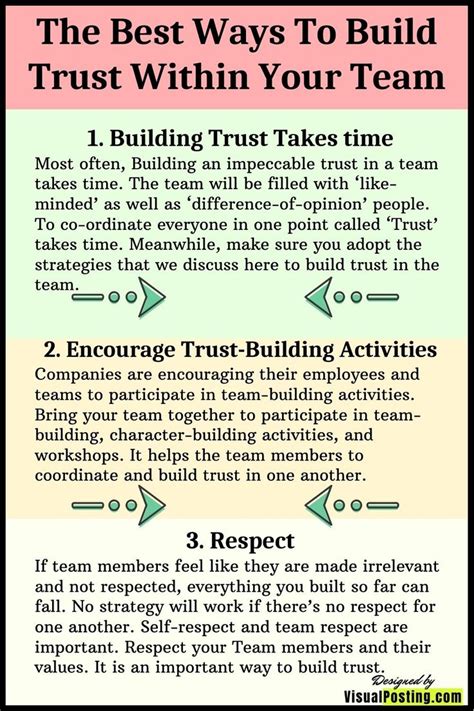Conflict is an inevitable part of any human relationship. Far from being a sign of trouble, how couples handle their disagreements can actually be a powerful determinant of their relationship’s strength and the depth of their intimacy. Instead of avoiding conflict or letting it escalate destructively, learning to navigate it constructively can forge stronger bonds and a more resilient partnership.
Why Conflict is Inevitable (and Even Healthy)
No two people are exactly alike, and differing opinions, needs, and desires are natural. Expecting a relationship to be conflict-free is unrealistic and can even be detrimental, as it might lead to resentment if issues are suppressed. Healthy conflict allows partners to express their individual selves, clarify boundaries, and work through misunderstandings. When handled well, it demonstrates mutual respect, resilience, and a commitment to growth.

Key Principles for Constructive Conflict
Transforming conflict from a destructive force into a constructive one requires intentionality and practice. Here are foundational principles:
1. Embrace a Growth Mindset
Approach conflicts not as battles to be won, but as problems to be solved together. See disagreements as opportunities to learn more about your partner’s perspective and for the relationship to evolve.
2. Active Listening and Empathy
Before responding, truly listen to understand your partner’s point of view. Put yourself in their shoes. Ask clarifying questions rather than making assumptions. Validate their feelings, even if you don’t agree with their conclusion. Phrases like, “I hear how frustrating this is for you” can de-escalate tension significantly.
3. Focus on the Issue, Not the Person
Avoid personal attacks, name-calling, or bringing up past grievances unrelated to the current issue. Stick to the specific problem at hand. When you criticize behaviors rather than character, solutions become more accessible.

4. Use “I” Statements
Frame your concerns from your own perspective. Instead of “You always…” or “You make me feel…”, try “I feel [emotion] when [specific action] because [reason].” This reduces defensiveness and helps your partner understand the impact of their actions without feeling blamed.
5. Take a Break When Needed
If emotions are running too high, suggest a temporary pause. Agree on a time to reconvene later when both partners are calmer. This prevents saying hurtful things in the heat of the moment and allows for clearer thinking.
6. Seek Understanding, Not Just Agreement
Sometimes, you won’t fully agree on an outcome, and that’s okay. The goal should be to understand each other’s positions, find common ground, and explore compromises that respect both partners’ needs. True intimacy isn’t about always being on the same page, but about navigating differences with respect.
7. The Art of Repair
After a conflict, big or small, actively work to repair any emotional damage. This could involve an apology, a gesture of affection, or simply reaffirming your love and commitment. Repair signals that the relationship is more important than the conflict itself.

The Link Between Conflict Resolution and Intimacy
When partners successfully navigate conflict, it doesn’t just resolve an issue; it deepens intimacy. The act of vulnerably expressing needs, truly listening, validating feelings, and working together towards a solution builds trust. It reinforces the belief that the relationship is a safe space where both individuals are seen, heard, and valued, even amidst disagreement. This shared experience of overcoming challenges together strengthens the emotional bond, creating a more resilient and profoundly intimate connection.
Mastering constructive conflict isn’t about eliminating arguments, but about changing how you engage with them. By adopting these principles, couples can transform what often feels like a threat into an invaluable opportunity to grow closer, understand each other more deeply, and build a love that withstands the inevitable challenges of life.




